Metaverse Portal: VR is finally taking off
"The end of the universe is Tieling", where is the end of the Internet?
This answer keeps changing with the times. At first it was E-mail, then it was social app, then e-commerce online shopping, and then there was "cloud service".
But now, there is a new answer - the Metaverse.
But if the end of the Internet is the metaverse, where is the entrance to the end?
VR "ticket"
The entrance to the metaverse requires a pair of glasses. This is a virtual reality (VR) glasses conceived by science fiction writer Stanley Weinbaum in his 1935 novel "Pygmalion's Glasses".

The emergence of this novel has also put the dream of VR into people's minds. Scientists have begun to study how to lead to virtual reality, but for decades, VR research has not stirred up waves.
Until 2012, the VR glasses device Oculus Rift was born, which made people see the commercial value of VR and triggered a new era of VR.
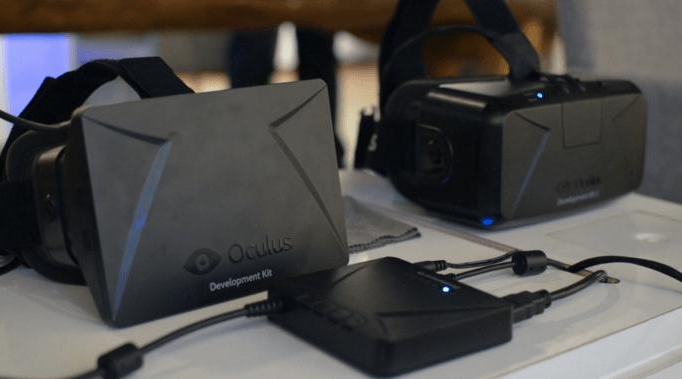
Facebook bought Oculus for $2 billion in 2014.
Subsequently, movies, games, and entertainment facilities about VR appeared one after another, and people's fantasy and yearning for the virtual reality world reached a climax in 2016.
In 2016, Sony also entered the VR market and released the PlayStation VR headset. Players will feel immersed in the game with the headset on. With special effects and surround sound effects, it seems to really enter the game world. Once this VR headset was released, it attracted a lot of attention. The same year is also known as "the first year of VR".
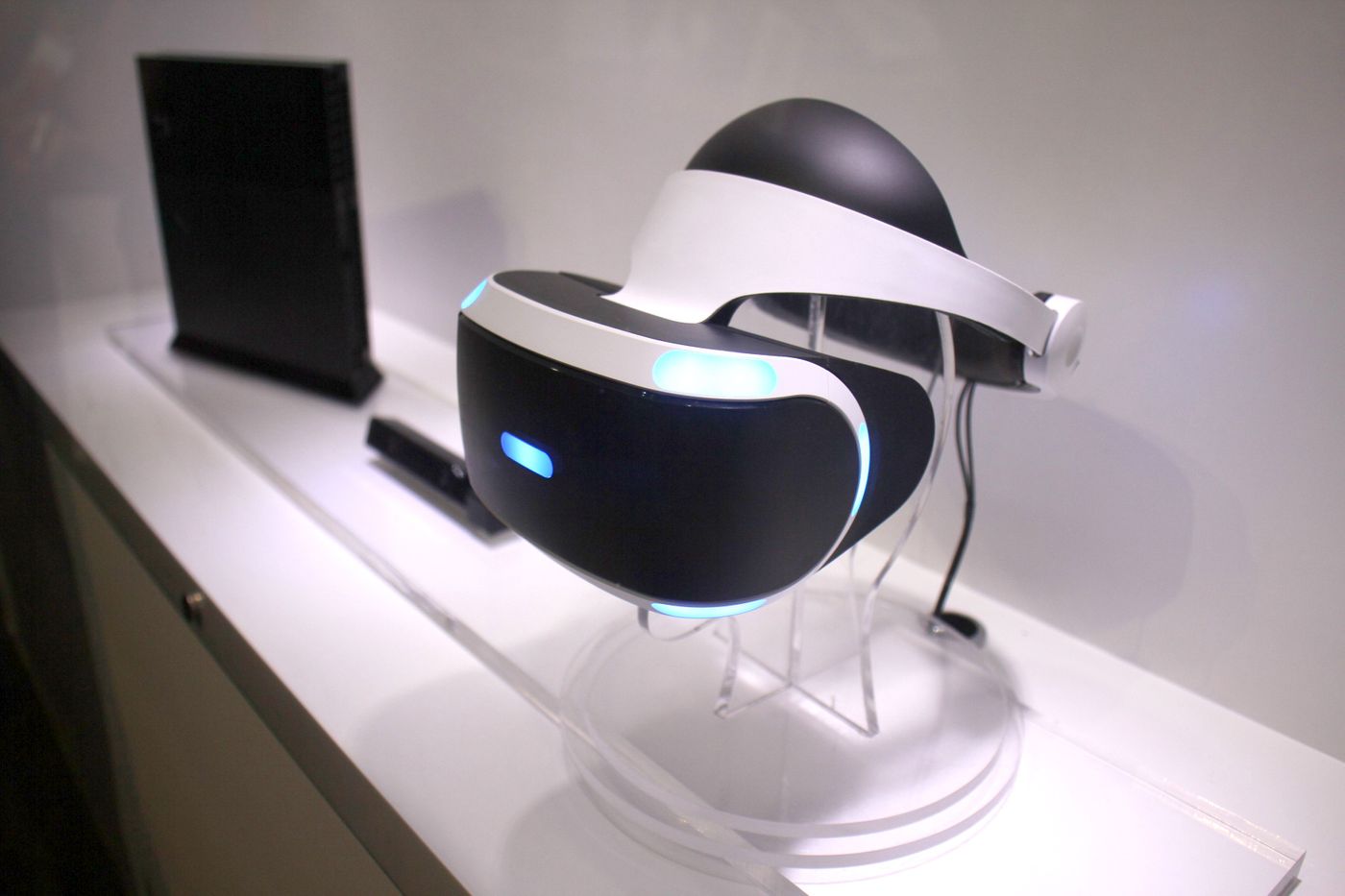
The VR track is taking off
The arrival of "the first year of VR" only makes VR technology stay in the stage of being hyped. Since then, many manufacturers have launched VR headsets, but the demand has always been sluggish. Issues such as limited technology, poor user experience, and lack of an ecosystem have not been addressed before.
However, HSBC pointed out in a report in November this year that the reason why the VR track will take off is that these problems have been improved.
Before 2020, VR software is not mature enough, the platform is very limited, only Steam, Oculus PC and Vive Port are dominant, and there are even very few playable applications.
After 2020, Pico, Side Quest, APP Lab and Oculus Quest have successively launched platforms, while developers have vigorously expanded their application projects, of which Steam has more than 6,000 VR applications.
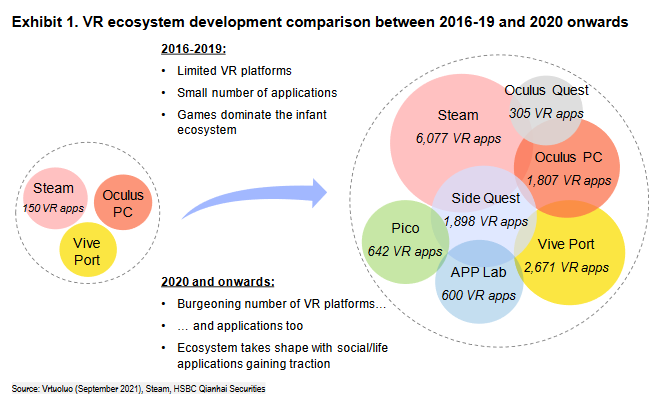
And in the current VR market, more VR technology is applied to the game field. But HSBC expects that between 2021 and 2030, the structure of VR applications will undergo a huge reversal: from game-dominated to social-dominated.
HSBC predicts that the VR market will reach US$45 billion in 2030, and social networking VR applications will reach US$30.2 billion, accounting for 70% of total VR demand. Gaming applications will reach a scale of $9 billion, and in addition to this, VR can also be used in fields such as fitness, education, medical care, and industry.
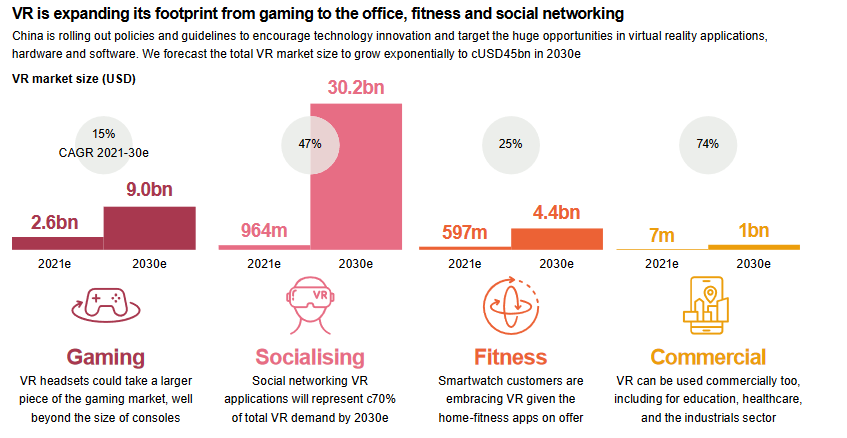
In addition to the software application upgrade, the VR industry's hardware equipment has also achieved the iteration of a new generation of computing platforms.
Back in 2014, when Facebook acquired Oculus, it was considered a failure of Zuckerberg’s investment, and people didn’t understand why the social media giant bought a VR hardware device manufacturer until September 2020 through Oculus Quest 2. the situation.
Considered by HSBC to be a turning point for the entire industry , this is its second-generation VR headset, which is lighter than the previous one, but best of all, priced at just $299 (compared to $400-800 for competitors) .
HSBC believes that future VR headset shipments will grow from 5.6 million in 2020 to 50 million in 2025, which is nearly double the 28.6 million forecast by IDC in June.
With the price of helmets falling, software applications increasing, and a lot of innovation in technology, HSBC expects the VR industry to grow into the next multi-billion dollar market in the next 2-3 years.
Supply chain upgrade
The growth of VR headset shipments is inextricably linked with the gradual maturity of hardware manufacturers' technologies. But the VR supply chain is largely fragmented, and HSBC points out that there are huge opportunities for display, camera module and optical component manufacturers in the future .
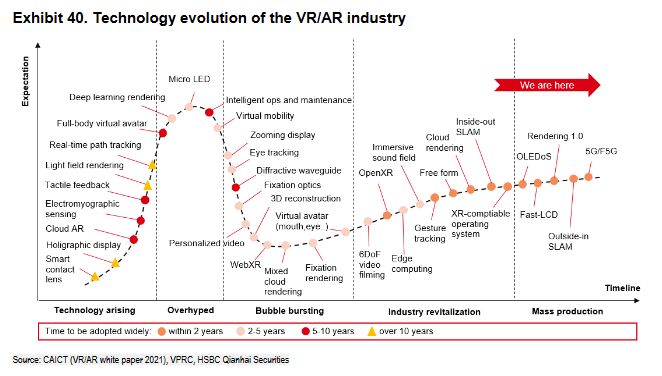
HSBC expects the total display market to reach $6.1 billion by 2030, with a CAGR of 31% in 2021-2030. Annual shipments of MicroOLEDs will surge from 120,000 units in 2021 to 61 million units in 2030. The entire addressable market is expected to reach $5.2 billion in 2030, with a CAGR of 94% in 2021-2030. Annual shipments of FastLCD display panels will soar from 11 million in 2021 to 137 million in 2030.
Glasses used in VR helmets need a special lens - Fresnel lens, which has the advantage of being lighter and thinner than traditional lenses, and can be closer to the small and thin requirements of end products. It is expected that Fresnel lens Annual shipments of lenses will surge from 22 million in 2021 to 321 million in 2030. HSBC expects the total Fresnel lens market to reach $1.9 billion by 2030, with a CAGR of 32% in 2021-2030.
HSBC sees VR/AR as the next growth area in the camera supply chain due to the proliferation of Vision Synchronized Localization and Mapping (vSLAM) technology and rising demand for eye-tracking capabilities. In particular, with more and more cameras being added to headset devices in order to improve the level of accuracy of tracking, it is foreseeable that the multi-camera upgrade will be similar to the migration of smartphone photography. HSBC forecasts that the total market size for VR/AR cameras will increase from $123 million in 2021 to $1.2 billion in 2025, and to $4.6 billion in 2030.
Looking forward to a new era
Since the 21st century entered a new era of science and technology, science and technology have continued to develop, and every decade has written a new history.
From 2020 to 2010, the PC side "shrinks" the world, and Email allows people from all over the world to contact.
From 2010 to 2020, the mobile client will make life more convenient, and shopping and office can be realized online.
With the development of science and technology, the economy is also growing exponentially. In the first year of the next decade, the concept of the metaverse is born. Whether human beings can step into this unknown, virtual and infinite world by holding the "ticket" of VR, let us wait and see.
Like my work? Don't forget to support and clap, let me know that you are with me on the road of creation. Keep this enthusiasm together!

- Author
- More